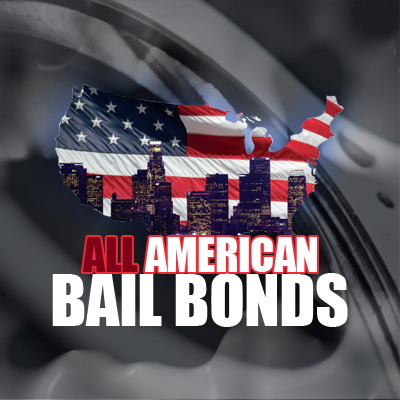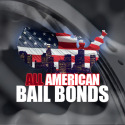By Jessica Murray
U.S. bail laws went mostly unchanged from 1789 to 1966, when The Bail Reform Act of 1966 was passed to minimize financial burdens placed on defendants, and The Bail Reform Act of 1984 was passed to fix a loophole in the previous reform.
Before the Bail Reform Act of 1966, the bail system often did more harm than good.
For example, before he signed the act, Lyndon B. Johnson told a story of a man who spent two months in jail before finally being acquitted and lost his job, car and his family because the bail system at the time was biased against the poor.
Many people within the District of Columbia criticized the 1966 act after a considerable amount of people who were accused of violent crimes committed additional crimes when released on their own personal recognizance, and then released yet again afterward.
Related: ‘Santa Clarita Sheriff Talk’ Discusses VIDA, Library Summer Reading Programs
As a result, the Judicial Council committee began considering the potential dangerousness of defendants in all cases in determining conditions for release.
The District of Columbia Court Reform and Criminal Procedure Act of 1970 allowed judges to consider dangerousness and risk of flight when setting bail in non-capital cases.
As a result of the harsh criticism that the Bail Reform Act received, it was revised once again in 1984 to help overturn discrimination against the poor.
The Reform Act was revised again to fix a pre-existing loophole that allowed many dangerous suspects to receive bail as long as they didn’t appear to be flight risks.
Related: Bail Bonds In Santa Clarita: Why All American Bail Bonds?
As a result, the act was revised for the last time, and stated that defendants should be held until trial if they’re deemed a dangerous threat to the community and that those who were eligible for bail had to have a bail hearing.
In addition, it created new restrictions on who could be held with or without bail — anyone charged with serious crimes, repeat offenders, flight risks and dangerous threats were no longer guaranteed bail.
Article Source: “California 20-Hour Bail/Recovery Pre-Licensing Education, Volume 1” by the Bail Resource Center & Career Academy
“With Us You Are Never Alone”
23360 W. Valencia Blvd. #E
Santa Clarita, CA 91355
661-255-2245
Call Toll Free: 888-755-2245
24 hours a day — 7 days a week
If your loved one is in custody and they wish to talk to an All American Bail Bonds representative, call:
818-990-0003 or 661-267-6777
CLIENT.SERVICES@ALLAMERICANBAILBONDS.COM


